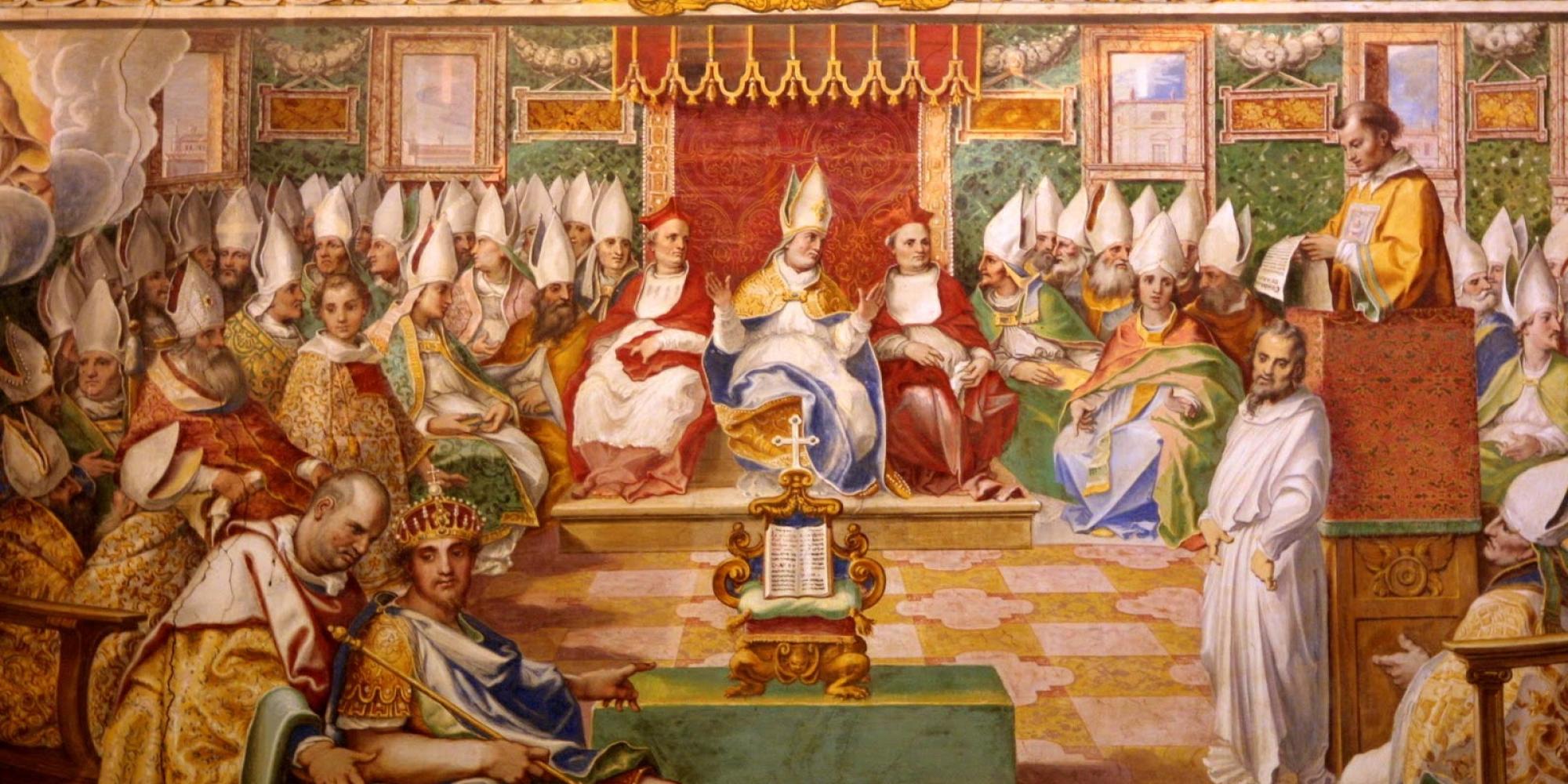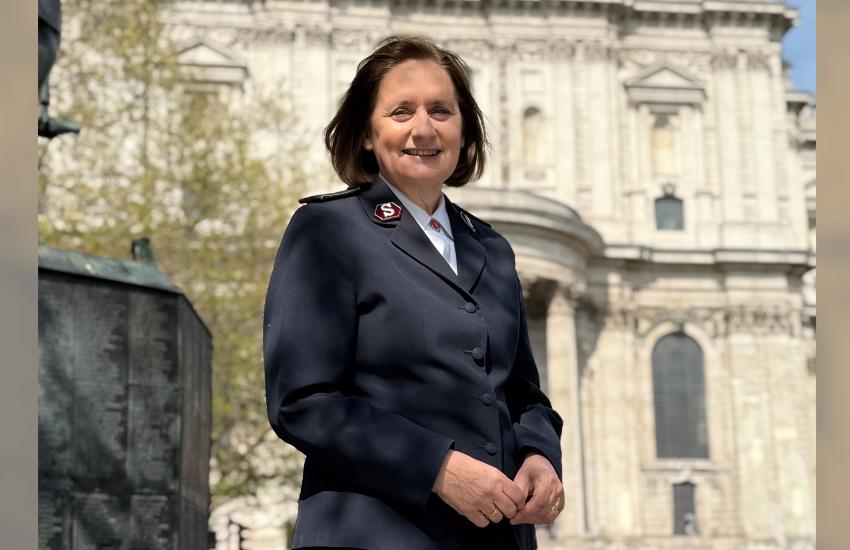By Major Ray Harris
This year marks an important anniversary in the life of the church: the formulation of the Nicene Creed, which took place 1,700 years ago in 325. While this confession of Christian faith may not be well known to the Salvationist community, it can be found in our Handbook of Doctrine and will be celebrated in many parts of the church for important reasons. During this six-part series, Dr James Read and I will explore the Nicene Creed’s story and its importance for our faith today.
The word 'creed' comes from the Latin word credo, which means 'I believe'. The Nicene Creed affirms those beliefs that are at the core of Christian faith. How it came to be called the Nicene Creed, however, involves a little history.
Ruled faith
When Constantine became emperor of the Roman Empire, he wanted to create a stronger sense of unity and thought the emerging church could help. So, in the year 325 he summoned the church’s bishops to the picturesque town of Nicea, on the northwest coast of modern Turkey. Constantine sat on his throne and addressed the bishops: 'Friends, I need you to help glue this empire together!' They didn’t have much choice. But before the bishops could help the emperor, they needed to bring a greater sense of convictional unity to the church itself.
The task of expressing faith convictions concisely is evident in the Bible itself. The Book of Deuteronomy voices Israel’s confession of faith: 'Hear O Israel, the Lord our God is one Lord' (Deuteronomy 6:4 RSV). The early church held this same conviction while introducing new convictions of faith. When Thomas finally sees the risen Christ, with the marks of crucifixion, he responds: 'My Lord and my God!' (John 20:28). While retaining its conviction that 'the Lord our God is one Lord', the early church proclaimed its understanding of God through the story of Jesus and the Holy Spirit. Thus the church both affirmed its Jewish roots and distinguished itself from them.
However, it didn’t take long before different understandings of Christian faith created tensions within the church itself. One early tension came through a teacher named Marcion in the second century. Marcion wanted nothing to do with the God of Judaism. He argued for a faith stripped of its Jewishness. Church leaders recognised the dangers in this and began creating summaries of faith called 'ruled faith'. Like the rules that distinguish hockey from baseball, ruled faith helped to define and shape the life of the early church. As the bishops gathered in 325, they sought to create a ruled faith to help unify the church. The result is a confession of faith that came to be called the Nicene Creed.
We believe in one God the Father almighty, Maker of Heaven and earth, and of all things visible and invisible. And in one Lord Jesus Christ, the only-begotten Son of God, begotten of his Father before all worlds, God of God, Light of Light, very God of very God, begotten, not made, being of one substance with the Father, by whom all things were made: Who for us men and for our salvation came down from Heaven, and was incarnate by the Holy Ghost of the Virgin Mary, and was made man, and was crucified also for us under Pontius Pilate. He suffered and was buried, and the third day he rose again according to the Scriptures, and ascended into Heaven, and sitteth on the right hand of the Father. And he shall come again with glory to judge both the quick and the dead; whose Kingdom shall have no end. And we believe in the Holy Ghost, Lord and Giver of life, who proceedeth from the Father and the Son, who with the Father and the Son together is worshipped and glorified, who spake by the prophets. And we believe in one holy catholic and apostolic Church. We acknowledge one baptism for the remission of sins. And we look for the resurrection of the dead, and the life of the world to come.
– The Nicene Creed
Communal convictions
Notice that the Nicene Creed begins with two words: 'We believe.' These are communal convictions. We share the beliefs of this creed with believers over many centuries, and we share them in our day with Christians from many different cultures. In a highly individualistic culture such as ours, this is most significant.
Beliefs are strong convictions, shaped by many questions and conversations. Beliefs also shape our practice of faith. Because we believe that every person bears the image of God, we seek to care for all people. Because we believe God will ultimately realise his purposes in the future, we practise hope. But what do we believe that leads us to live sacrificially for the sake of the greater good? What convictions guide us as we seek to be a reconciling influence in the polarisations of our world? It is from the core convictions of the Nicene Creed that we begin this task of engaging our faith with the issues of our day.
As Dr Read and I unpack some of the phrases in this Nicene Creed it is our hope to contribute to a greater sense of unity within the Christian church, and to our Salvationist mission in God’s world. Thus we pray that 'the grace of the Lord Jesus Christ, and the love of God, and the fellowship of the Holy Spirit be with you all' (2 Corinthians 13:14). Amen!
To read an in-depth article about The Salvation Army's ecumenical relations, head to our interview with Commissioner Jane Paone.





